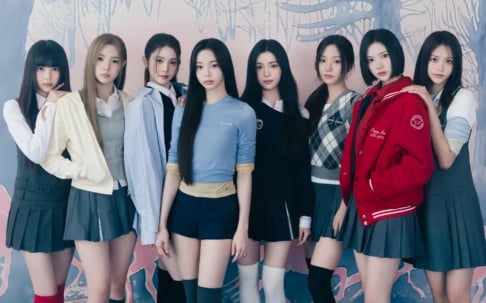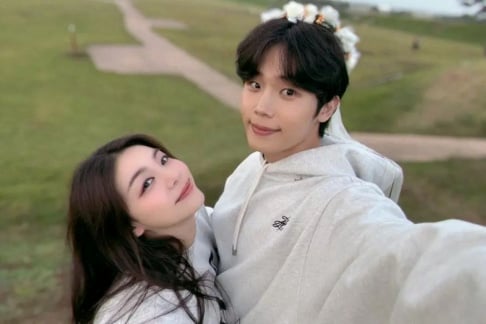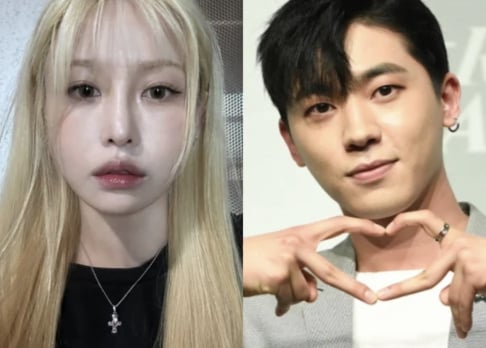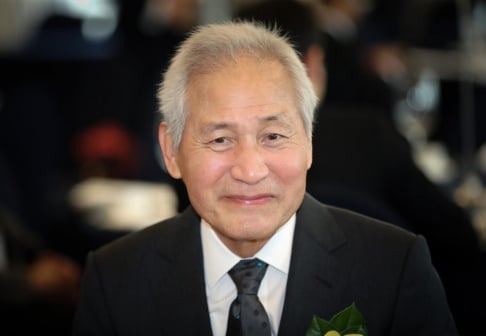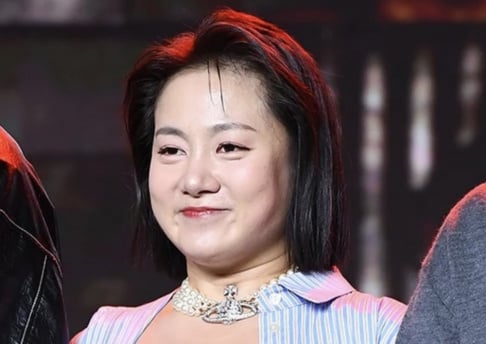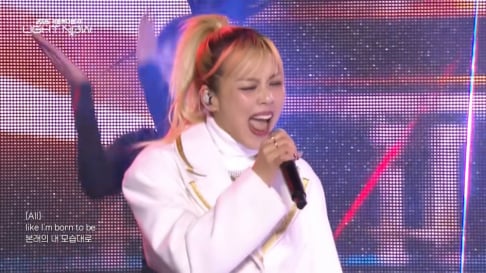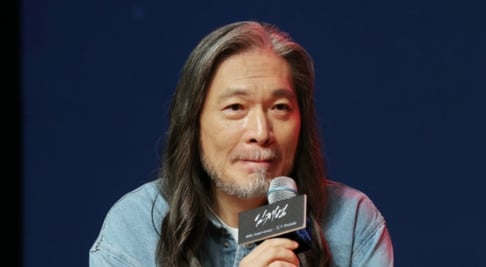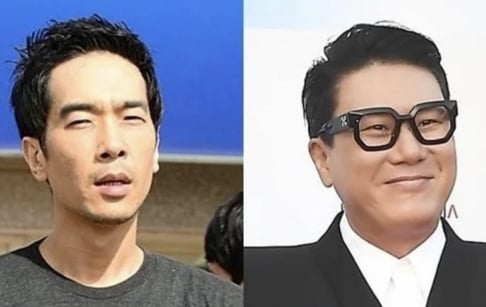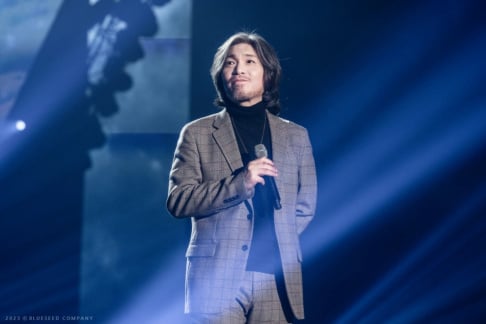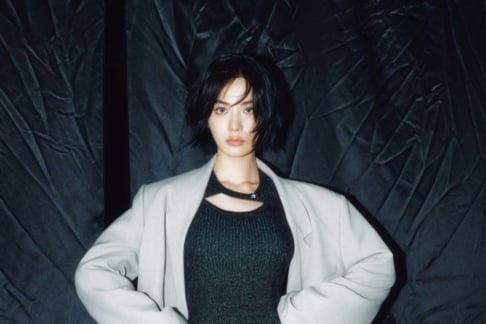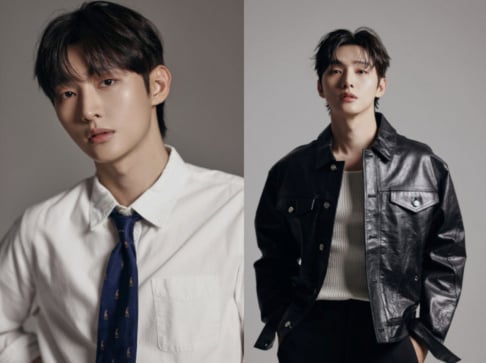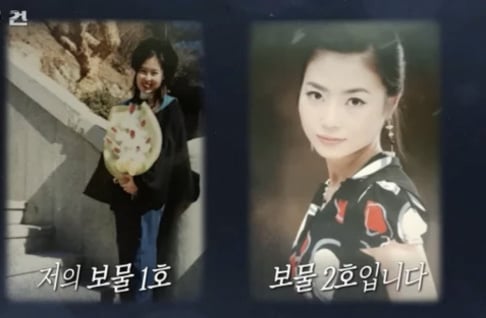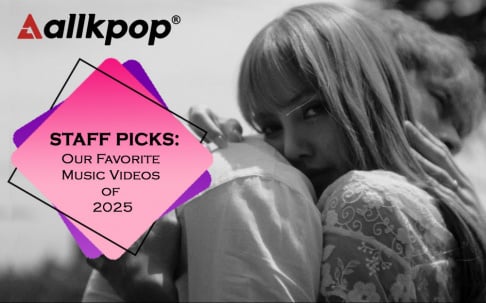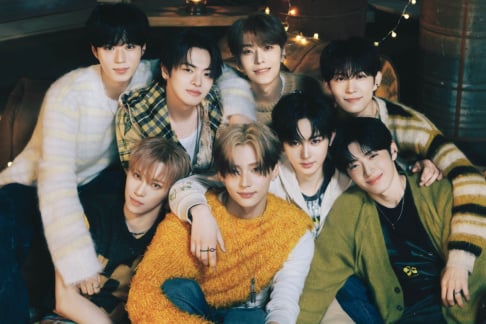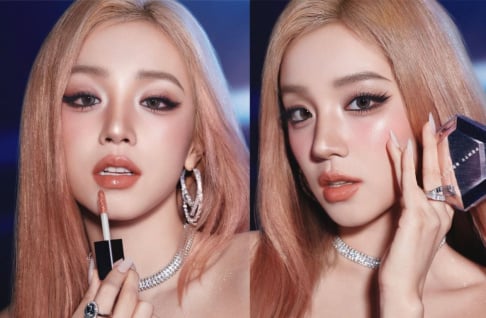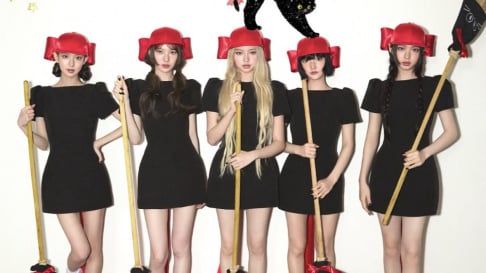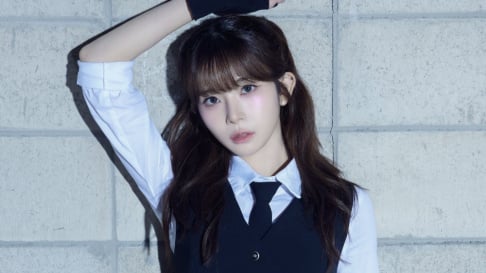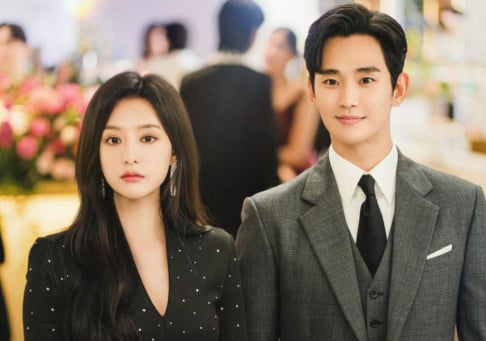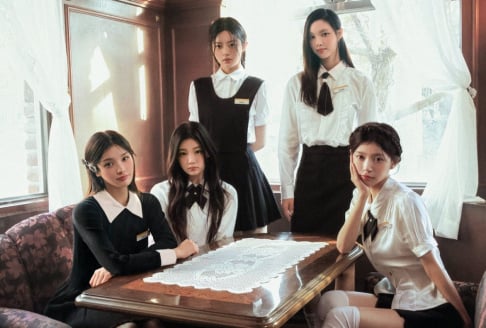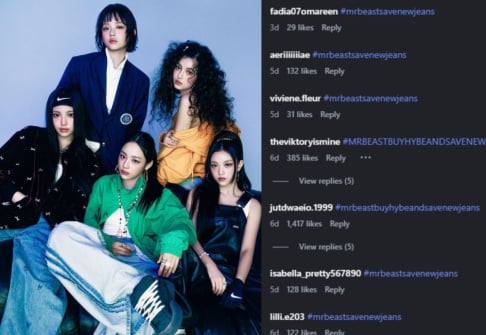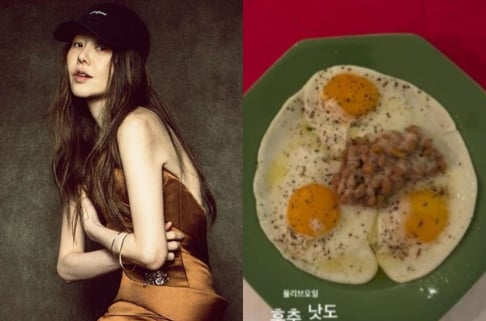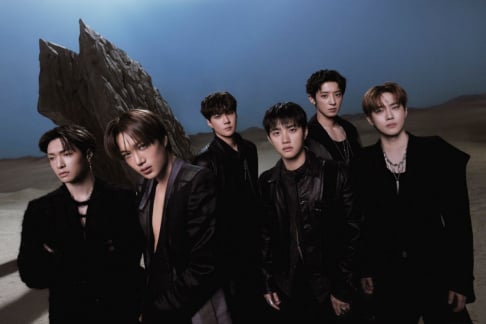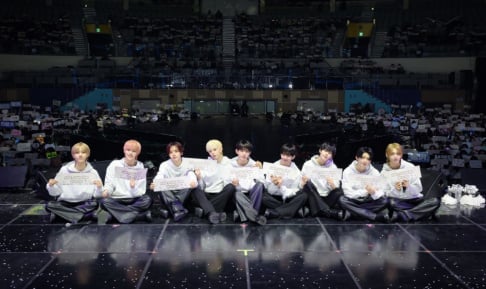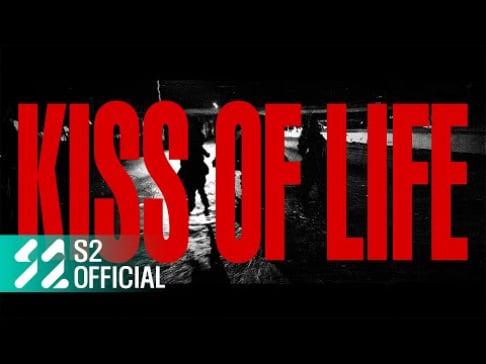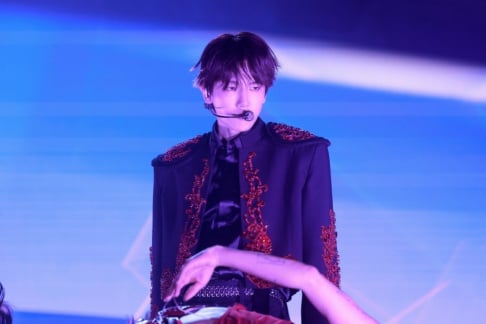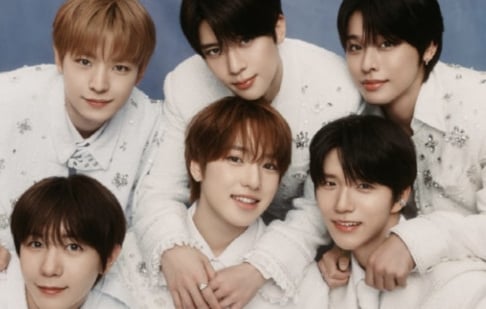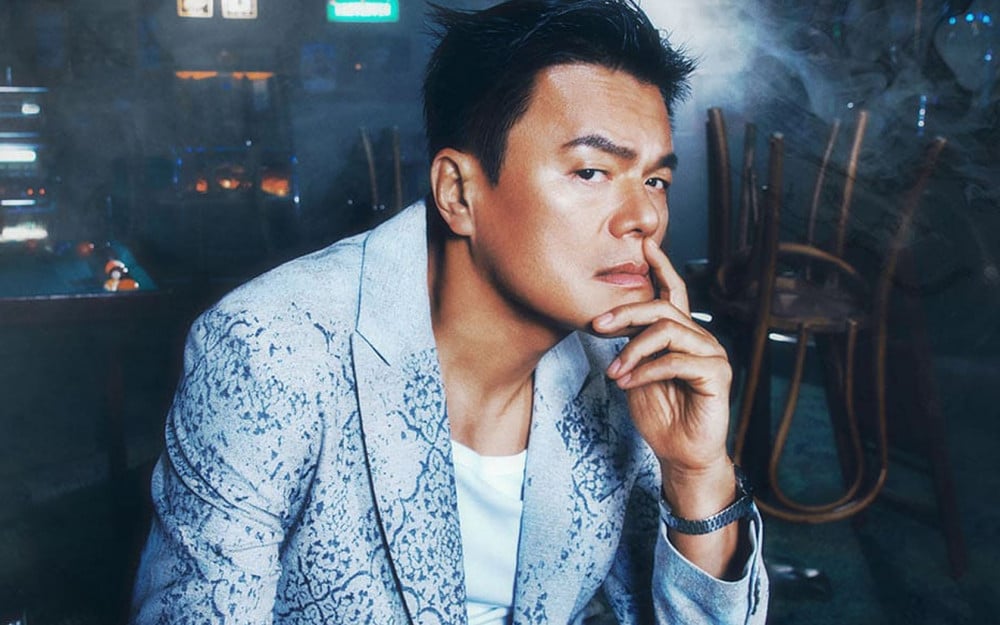
J.Y. Park has been selected to become the co-chair of the Presidential Commission on Pop Culture Exchange, a new body tasked with promoting cultural exchange and global engagement in popular culture. Since the announcement, various netizens both globally and domestically have been wondering why J.Y. Park was chosen for the position.
On September 10, IZE released a column piece delving into the reasons J.Y. Park was the optimal choice to become the co-chair of the Presidential on Pop Culture Exchange, rather than the other leaders of the Big 4 companies - Bang Si Hyuk, Lee Soo Man, or Yang Hyun Suk.
In the latest article released by IZE, J.Y. Park's appointment is unprecedented in the entertainment industry.
J.Y. Park, founder and chief creative officer of JYP Entertainment, has been appointed co-chair of the Presidential Commission on Popular Culture Exchange, which is a position with ministerial-level authority. For someone who has long called himself a mere entertainer, this marks an astonishing turn.
The decision itself has raised eyebrows: why would the government tap Park, a self-proclaimed lifelong performer, for such a weighty cultural role?
Why K-pop, and why now?
The new commission is designed to cover all sectors of popular culture — film, television, theater, music, and more. Yet J.Y. Park runs JYP Entertainment, a company rooted in K-pop. This suggests that the government placed K-pop front and center in the selection process.
Surveys back up that logic. A recent poll conducted by the Corea Image Communication Institute (CICI) found that both Koreans (94.58%) and foreigners (93.10%) view "the Korean Wave" — particularly its style and image — as the most defining symbol of Korea.
But among all aspects of Hallyu, K-pop stands tallest today. Netflix’s 'K-pop Demon Hunters' has broken records, even surpassing 'Squid Game' to become the most-watched content in the platform’s history, while also notching four weeks at No. 1 on the U.S. Billboard Hot 100, eclipsing BTS’s "Dynamite." Tourism has surged as international fans flock to Seoul to visit filming locations like Naksan Park, Namsan Tower, and Myeongdong. Meanwhile, BLACKPINK’s Rosé made history at the 2025 MTV Video Music Awards, becoming the first K-pop artist to win Song of the Year.
Given this global momentum, appointing the head of a major K-pop label to co-chair the commission feels almost inevitable.
Why not the other moguls?
South Korea has four dominant entertainment agencies: HYBE, SM Entertainment, JYP Entertainment, and YG Entertainment. So why JYP?
-
Bang Si Hyuk (HYBE): Though he wields unmatched influence in the industry, Bang faces legal troubles over allegations of fraudulent trading. Police are preparing to summon him for questioning later this month. The optics of such an appointment would have been politically untenable.
-
Yang Hyun Suk (YG Entertainment): Recently handed a suspended sentence for attempting to interfere in a drug investigation involving former trainee Han, Yang remains under legal scrutiny. Though he accepted the Supreme Court’s ruling, his current probation makes him an unsuitable public appointee.
-
Lee Soo Man (SM Entertainment): The pioneering founder of SM has long stepped back from direct control of the company and is now in his seventies. His reduced role and age likely counted against him.
That leaves Park Jin Young: still active, scandal-free, and symbolically strong as both a producer and performer. Unlike his peers, Park continues to write for and mentor younger acts while upholding JYP’s reputation for ethical management.
A symbolic and pragmatic choice
Park represents a safer, cleaner image in a climate where public trust matters. JYP artists such as Stray Kids, TWICE, ITZY, and DAY6 remain global top-tier acts without being mired in controversy. The government likely calculated that Park’s appointment would strike the right balance between credibility and cultural capital.
Chief Presidential Secretary Kang Hoon Sik explained the decision on September 9, "CEO J.Y. Park has worked tirelessly for the globalization of K-pop. His leadership will help ensure that our popular culture is enjoyed worldwide, while also enriching Korea with diverse cultural exchanges."
Park himself admitted the weight of the role in a social media statement, "Taking on a government post is daunting for someone from the entertainment industry. But K-pop now faces a truly extraordinary opportunity, and I felt it was my duty to seize it. I will do everything I can to secure institutional support for the industry and help the next generation of artists gain even greater opportunities."
The bottom line
This appointment is less about J.Y. Park as an individual and more about what he represents: a living bridge between Korea’s pop culture past and present, a clean reputation in an industry shadowed by scandal, and a forward-looking vision for K-pop’s global reach.
In hindsight, the choice feels less surprising than it first appeared.
SEE ALSO: J.Y. Park drops teaser for festive single "Christmas Fever"
 SHARE
SHARE
